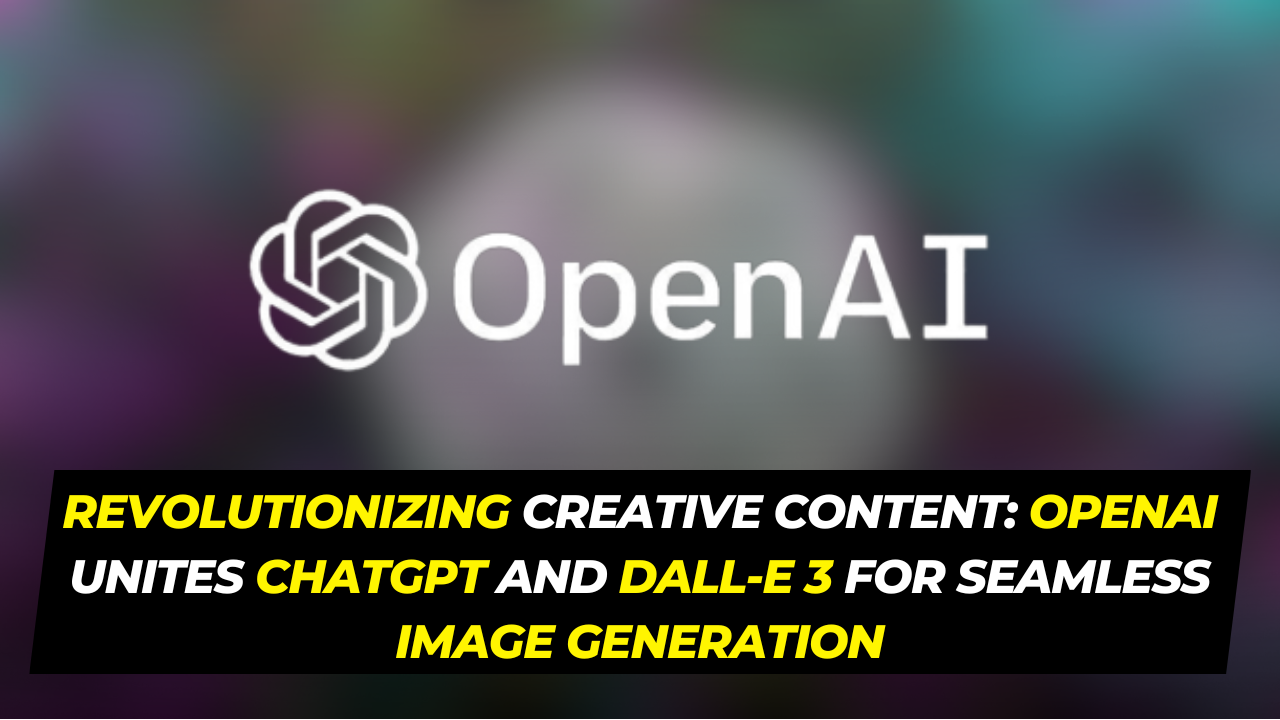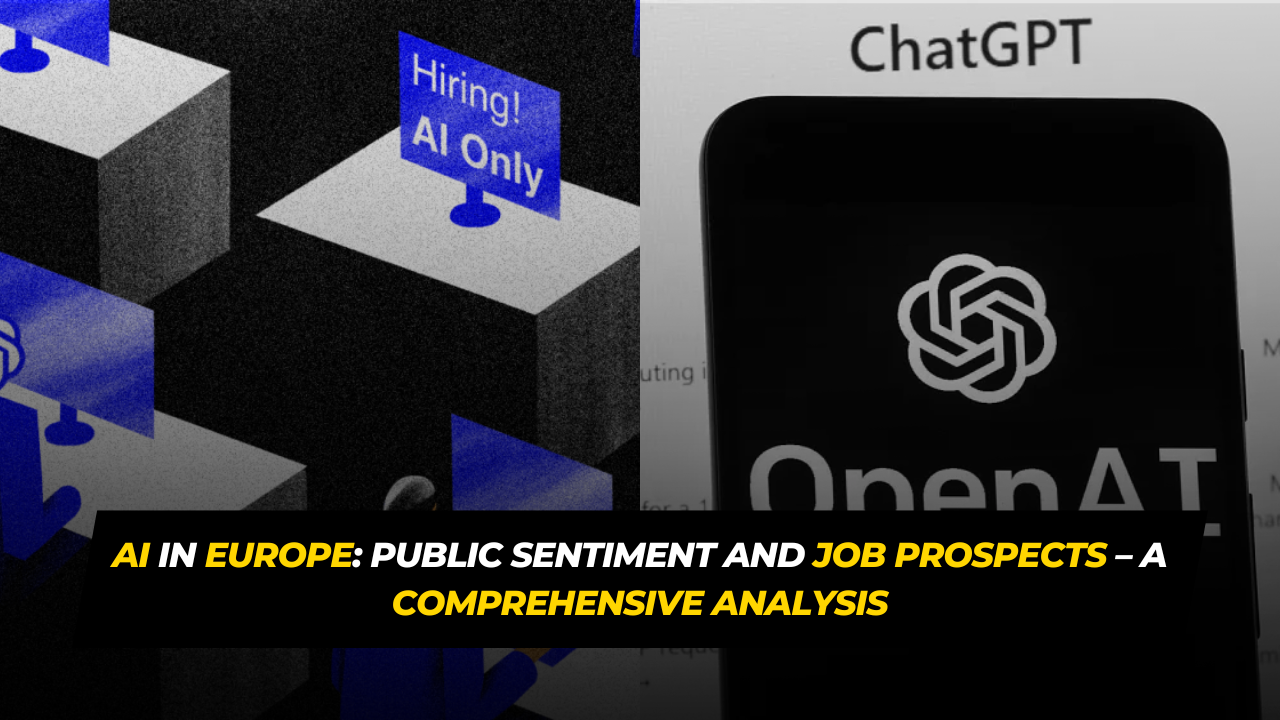Navigating the Ethics of Artificial Intelligence: A Comprehensive Guide 2024

Introduction to AI Ethics
As Artificial Intelligence (AI) ethics becomes more integrated into our daily lives, it’s crucial to consider the ethical implications of its use. From personal assistants like Siri and Alexa to advanced systems in healthcare and finance, AI’s decisions and actions raise important ethical questions.
Key Ethical Concerns in AI
- Bias and Fairness: AI systems can unintentionally perpetuate biases present in their training data. This can lead to unfair treatment in areas like hiring, lending, and law enforcement. Addressing bias and ensuring fairness in AI is critical to prevent discrimination and promote equality.
- Privacy: AI often relies on vast amounts of data, raising concerns about how personal information is collected, used, and protected. Privacy protection in AI involves implementing robust data security measures and ensuring compliance with data privacy regulations.
- Transparency: Many AI systems operate as “black boxes,” meaning their decision-making processes are not easily understood by humans. Enhancing transparency in AI helps build trust and ensures that users understand how AI decisions are made.
- Accountability: Determining who is responsible for the actions of AI systems is a complex issue. Establishing accountability frameworks is essential to ensure that developers, users, and organizations take responsibility for AI outcomes.
- Autonomy: As AI systems become more autonomous, it’s important to ensure they align with human values and ethics, and that they do not infringe on human rights. Maintaining human oversight over autonomous AI systems helps safeguard ethical standards.
Addressing Ethical Concerns
To address these ethical concerns, several strategies can be employed:
- Bias Mitigation: Developing techniques to identify and reduce biases in AI training data and algorithms. This includes diversifying data sources and incorporating fairness criteria into AI models to promote unbiased outcomes.
- Privacy Protection: Implementing robust data protection measures and ensuring compliance with privacy laws and regulations. This involves anonymizing data and securing it against unauthorized access to protect user privacy.
- Transparency and Explainability: Creating AI systems that are understandable to humans. This means developing methods to explain how AI systems make decisions and providing clear documentation of AI processes to enhance transparency.
- Accountability Frameworks: Establishing clear guidelines for AI accountability. This includes setting up regulatory frameworks and defining the roles and responsibilities of developers, users, and organizations to ensure accountability.
- Ethical AI Design: Incorporating ethical considerations into the design and deployment of AI systems. This involves engaging with ethicists, stakeholders, and the public to ensure AI systems align with societal values and ethical standards.
The Role of Regulation and Policy
Governments and organizations around the world are recognizing the need for AI regulation. Policies are being developed to ensure that AI is used ethically and responsibly. Key initiatives include:
- AI Ethics Guidelines: Various organizations, including the European Commission and IEEE, have published guidelines to promote ethical AI development and use. These guidelines provide a framework for developers and organizations to follow ethical principles in AI design.
- Legislation: Governments are enacting laws to address AI-related ethical issues, such as data privacy and algorithmic accountability. Regulatory frameworks ensure that AI systems operate within ethical boundaries and protect users’ rights.
The Future of AI Ethics
As AI technology continues to evolve, so will the ethical challenges. Ongoing dialogue among technologists, ethicists, policymakers, and the public is essential to navigate these challenges effectively. By prioritizing ethical considerations, we can harness the benefits of AI while minimizing its risks.
Conclusion
The ethics of artificial intelligence is a critical area of focus as we integrate these technologies into more aspects of our lives. By addressing bias, privacy, transparency, accountability, and autonomy, we can develop AI systems that are not only powerful but also ethical and trustworthy. Navigating the ethics of AI ensures that we create a future where technology serves humanity responsibly.



